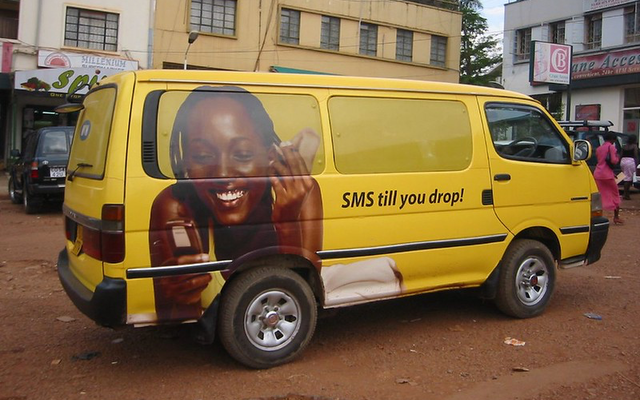How do people in poor countries use SMS text messaging in their daily life?
SMS (Short Message Service) text messaging is widely used by people in poor countries in their daily lives for a variety of purposes.
SMS text messaging is a powerful tool for communication and access to information and services in developing countries, and plays a crucial role in the daily lives of many people. For example:
- Communication: SMS text messaging is often used as a primary means of communication, especially in areas with limited or no access to other forms of communication, such as phone or internet.
- Banking and financial transactions: In many developing countries, people use SMS text messaging to access financial services, such as mobile banking, money transfers, and payments. This can be especially important for people who are unbanked or underbanked.
- Healthcare: SMS text messaging is often used to access health information and services, including telemedicine and disease surveillance. It can also be used to receive reminders for appointments and medication.
- Education: SMS text messaging is used to access educational resources, such as online courses and educational videos. It can also be used to receive updates and alerts about school closures, exams, and other important information.
- Social networking: SMS text messaging is used by many people in developing countries to stay connected with friends and family, and to share news and information.
SMS Testing: Text Message Delivery Time and Reliability in Tanzania
var addthis_config = {"data_track_clickback":true};
I am Michael Benedict and while working with SMS-based applications I’ve noticed an air of mystery around...
Smart Connect: a SMS communication appliance for rural healthcare
The first SMS, or “text” message, was sent over Vodafone’s network in December 1992. By most accounts, it read simply “Merry Christmas.” Using just fifteen...
5 Ways ICT Can Support the Millennium Development Goals
I’ve been putting together my thoughts around girls, child rights, information and communication technologies and the Millennium Development Goals. The angle...
Why is IVR more popular in South Asia, while SMS is more accepted in Africa?
Recently at an mHealth meeting, I overheard an interesting comment. One of the speakers mentioned that Interactive Voice Response (IVR) is popular in South Asia...
Mobile Phone Math: ICT4D Scale in the Millions
I’ve been working or interested in the space of ICT for Development (ICT4D) for about a decade now. During this time, I’ve seen a lot of exciting changes, but...
The Bi-Weekly ICT4D Retrospective: Important Links for Sept 15-28, 2010
Welcome to the ICTworks bi-weekly ICT4D Retrospective, where we condense the last two weeks of news into a succinct list of links for your perusal. If you...
Improving ARV Compliance: Infrastructure and FrontlineSMS software for UCM-Care in Chibabava Mozambique
This project involved deployment of solar power, computers, and wireless links serving 5 locations in rural western Mozambique. Our client, UCM-Care, is affiliated...
SMS:Gov – Local Government Interface for Constituents via SMS Text Messages
Local governments in the developing world face a serious communications problem. As Roomthinker tweets, there is currently no easy mechanism for constituents to...
Interview with Kayode Muyibi of SMSvolt: a Free SMS Service within Nigeria
Kayode Muyibi of Narihost has launched a new service for Nigerians – free SMS messages to and from any Nigerian mobile phone provider via SMSvolt.com. The...
Data vs. SMS Revenue for Safaricom: Data Wins!
Here is a very heartening tweet from Ory Okolloh about Safaricom, Kenya’s largest mobile phone operator:
If in deed, Safaricom broadband modems and their...




